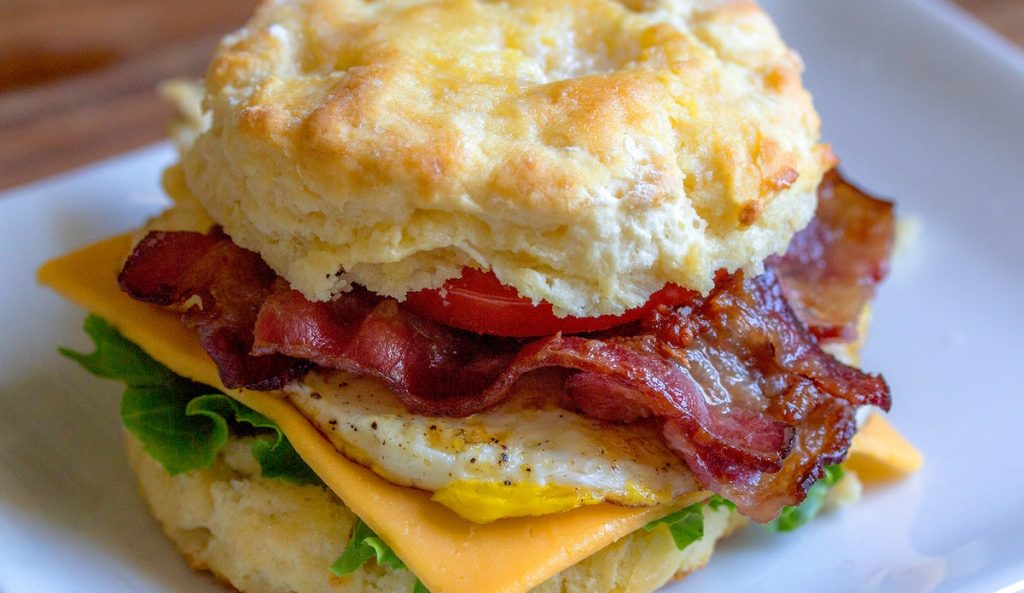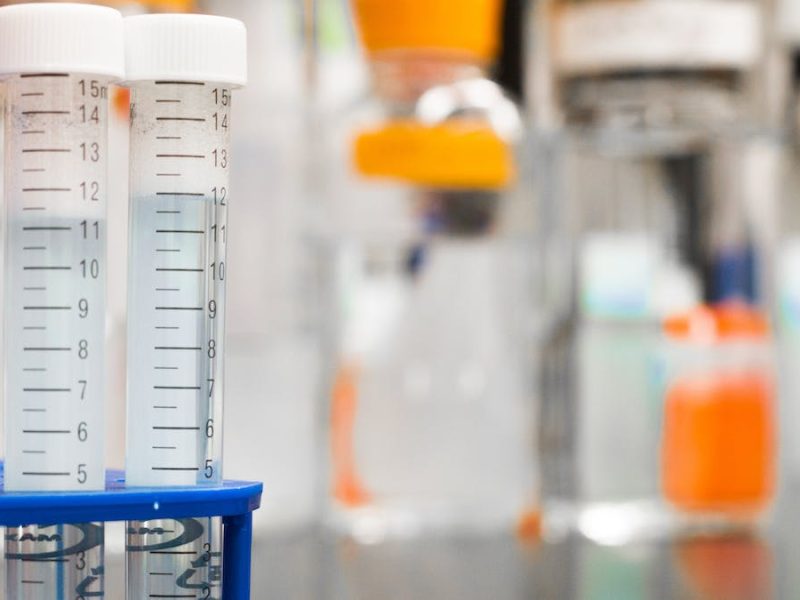Do you often experience pain and inflammation? If so, you may be surprised to learn that your diet is likely the culprit.
There are many foods that can cause inflammation, and it is important to avoid them if you want to feel better.
In this article, we will discuss some of the most common offenders. Stay tuned for tips on how to reduce inflammation through your diet!
Table of Contents
Understanding Inflammation
Inflammation is the body’s natural response to injury or illness, and it can be beneficial in some situations.
However, when inflammation becomes chronic, it can lead to a range of health problems.
Our diets play a key role in controlling inflammation, as certain foods can trigger an inflammatory response.
There are also chronic illnesses that cause inflammation. Here are a few examples:
- Rheumatoid arthritis
- Asthma
- Diabetes
- Crohn’s disease
- Ulcerative colitis
- Lupus Common Inflammation
To read more about the inflammation response, visit here.
Inflammation Causing Foods and Drinks
If you’re looking to reduce inflammation, here are a few diet changes that may help you to reduce the risk.
1. Processed Meats

Processed meats, such as hot dogs and bacon, are some of the worst offenders when it comes to inflammation.
These products contain high amounts of saturated fat, nitrates, and other additives that can cause an inflammatory response in your body.
If you’re looking for an alternative protein source, try plant-based options like beans or tofu instead.
2. Simple Carbohydrates
Refined carbohydrates, also known as simple carbs, like white bread, crackers, and chips are also major culprits of inflammation.
Refined carbs quickly break down into sugar in the body, causing a spike in blood glucose levels which can lead to inflammation over time.
It is best to avoid these foods whenever possible and opt for whole grains instead.
3. Dairy Products

Dairy products are another inflammatory food that should be avoided.
Dairy products contain hormones and other compounds that can stimulate an inflammatory response.
These hormones often trigger the release of cytokines, which are proteins that help the body fight infection.
However, they can also cause inflammation when produced in excess. Additionally, dairy products contain saturated fat and casein, which can also cause inflammation in the body.
Dairy contains hormones and other compounds that can trigger an inflammatory response, so if you are prone to inflammation, it’s best to stick with non-dairy alternatives like almond milk or oat milk instead.
4. Soft Drinks

Sugary drinks, such as soda and energy drinks, should also be avoided due to their high sugar content.
The sugar in these beverages can cause a rapid spike in blood glucose levels, leading to inflammation.
While you won’t necessarily need to go low carb or low sugar to manage your inflammation, it may be something to discuss with your doctor.
For alternatives to soft drinks, opt for water or unsweetened herbal tea whenever possible.
5. Alcohol
Finally, alcohol is another common offender when it comes to inflammation.
Alcoholic beverages contain compounds called congeners which can cause an inflammatory response in the body.
It is best to limit your consumption of alcoholic beverages or opt for non-alcoholic alternatives instead.
Alcohol is perhaps one of the easiest foods to avoid altogether to keep inflammation at bay.
How to Prevent Inflammation via Diet?
In addition to avoiding the foods listed above, there are several other ways you can reduce inflammation through your diet.
Eating a balanced diet that includes plenty of fruits, vegetables, and lean proteins is essential for reducing inflammation.
Additionally, healthy fats from sources like olive oil, nuts, and avocados can help to reduce inflammation as well.
Finally, be sure to stay hydrated by drinking plenty of water throughout the day.
Making small changes to your diet can make a big difference in reducing inflammation.
By avoiding inflammatory foods and eating more anti-inflammatory foods, you can help improve your overall health and well-being.
If you are still experiencing pain or inflammation after making dietary changes, speak to your doctor for further advice.
They may be able to provide a natural response, such as cannabis, to help manage symptoms.
Conclusion
By avoiding these common inflammatory foods, you can help reduce inflammation and improve your overall health.
So make sure to pay attention to what you eat and look for non-inflammatory alternatives whenever possible! While this list is a great jumping-off point, you’ll want to be sure to speak with your healthcare team for specifics.

Alex is fascinated with “understanding” people. It’s actually what drives everything he does. He believes in a thoughtful exploration of how you shape your thoughts, experience of the world.



